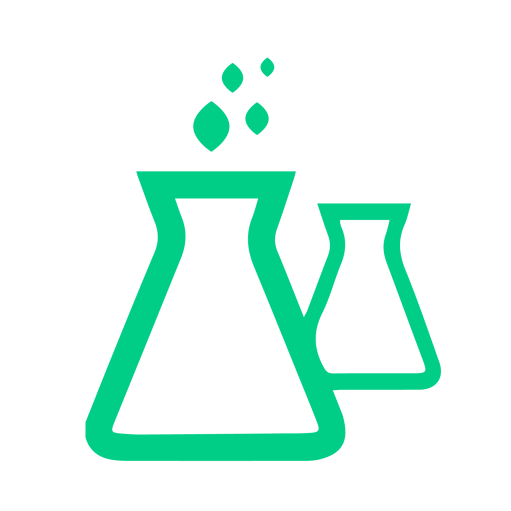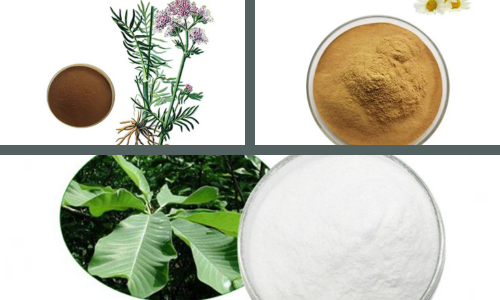
In modern society, sleep disorders have become a public health issue affecting all age groups. Poor sleep can lead to immune system problems. For example, data show that half of people get a cold if the sleep duration is less than five hours, while only 15% of people get a cold when the sleep duration exceeds seven hours.
Looking at the current sleep supplement market, the main key ingredients are melatonin, gamma-aminobutyric acid (GABA), L-theanine, and vitamin B6.
Scientific research continues to prove that many natural botanicals the extract has calming and hypnotic properties. This article will guide readers to learn about herbal hypnotics.
Valerian Root
Valerian officinalis is native to Europe and Asia, and is now widely distributed in North America. Valerian root has been used as an ancient herbal remedy to relieve insomnia, depression and headaches.
Studies show that valerian can improve sleep quality in a variety of ways due to the active plant compounds found in its root and root. Drinking Valerian root is a perfect natural remedy for mental illness or sleep problems.
Valerian root can help if you have sleep problems like insomnia. A few studies suggest that valerian may reduce sleep time and improve sleep. In addition, Valerian is generally considered safe for adults, and is rare and mild.
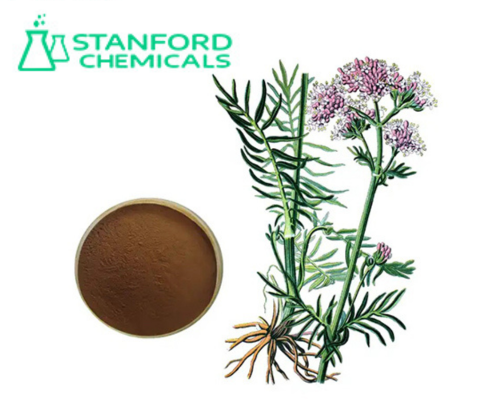
Valerian Root
Chamomile
Chamomile has been used for sexual purposes since ancient Egypt. From a few studies and studies know that chamomile can reduce anxiety and improve sleep.
A 2016 study[1] found that new mothers who drank chamomile tea daily felt better and healthier than those who didn’t. Apigenin is one of the main components of chamomile. This flavonoid, found primarily in plants, acts as a natural sedative in chamomile tea. Apigenin affects the GABA receptors in our brains, a neurotransmitter that makes us feel calm and relaxed. So after drinking chamomile tea, apigenin helps your brain and body relax, making it easier to fall asleep.
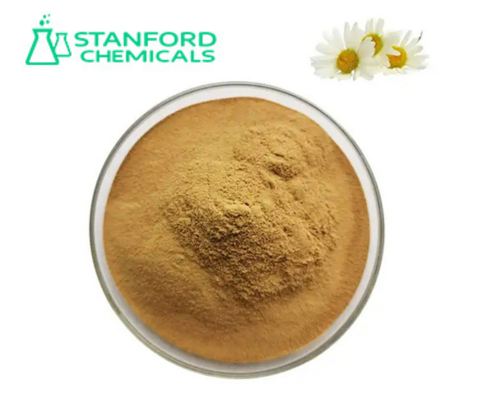
Chamomile Extract
Lemon Balm
Lemon Balm, Melissa officinalis L. Also called, is a plant in the mint family. This herb has a long tradition of being used as a tonic. In the 11th century, Arab herbalists believed that lemons had magical properties that brightened the mind and heart.
Research shows that lemon balm has a variety of active properties including liver protection, free radical fighting, anti-obesity and anti-inflammatory properties. Rosmarinic acid, one of the effective ingredients in lemon balm, has been shown in studies to inhibit the breakdown of GABA[2], thereby increasing GABA levels in the brain, and has sedative properties and it fights anxiety.
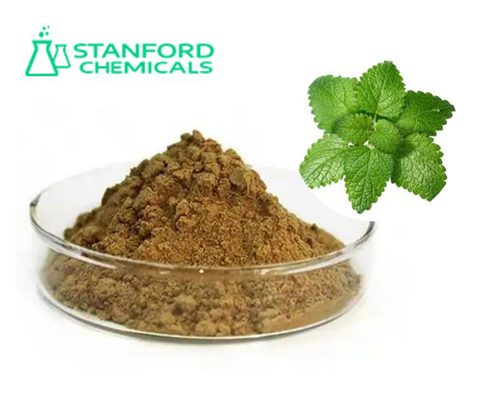
Lemon Balm Extract
Magnolia Bark
Magnolia tree is a common herb used in traditional Chinese and Japanese medicine. Modern research suggests it helps treat conditions such as stress-induced anxiety, digestive issues and sleep problems.
Many people use magnolia bark extract to sleep better at night or to treat insomnia. Studies in rats suggest that honkiol, the active ingredient in magnolia flowers, can reduce sleep time. Research shows that drinking magnolia and phellodendron bark helps reduce stress and improve mood.
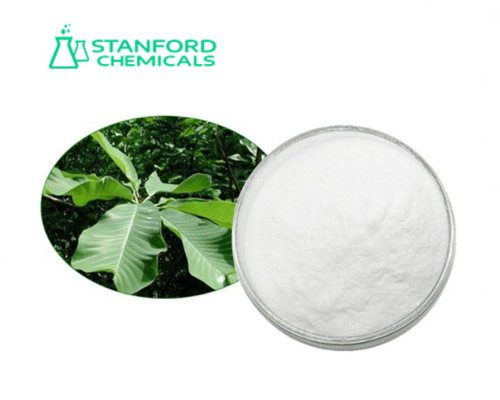
Magnolia Bark Extract
Jujuboside D
A saponin compound called jujuboside D is extracted from jujube seeds. The jujube tree is known for its extensive use in traditional medicine, and has attracted scientific interest due to its therapeutic potential to improve sleep disorders and promote mental relaxation.
A study examined the effects of jujuboside on sleep in the 19th century. The results showed[3] that jujuboside significantly improved sleep, as evidenced by increased sleep duration and sleep depth.
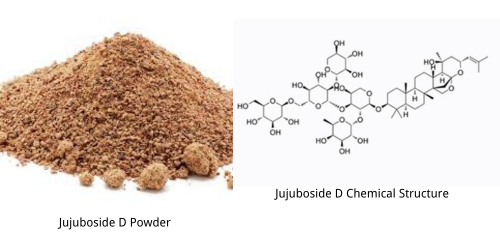
Jujuboside D Powder
Conclusion
These natural herbal extracts offer promising alternatives for improving sleep quality and overall mental well-being. As research continues to uncover the benefits of these and other plant-based remedies, incorporating them into daily routines may provide a natural, effective solution for those struggling with sleep disorders.
[1] Shao-Min Chang MS RN, Chung-Hey Chen PhD RN (2016). Effects of an intervention with drinking chamomile tea on sleep quality and depression in sleep disturbed postnatal women: A randomized controlled trial. Journal of Advanced Nursing. https://doi.org/10.1111/jan.12836
[2] Weizel C, Petersen Met et al. Cloning and characterization of rosmarinic acid synthase from Melissa officinalis L. [J] Phytochemistry, 2011,72(7):572-578.
[3] Wang W, Wang Y, Pei H, Li M, Zhu A, Du R, Peng GJ. The mechanism of simultaneous intake of Jujuboside A and B in the regulation of sleep at the hypothalamic level. Aging (Albany NY). 2023 Sep 5; 15:9426-9437 . https://doi.org/10.18632/aging.204995
